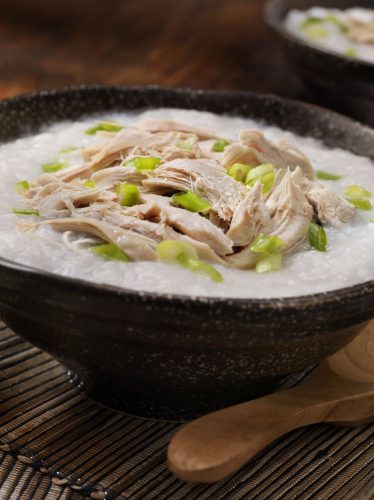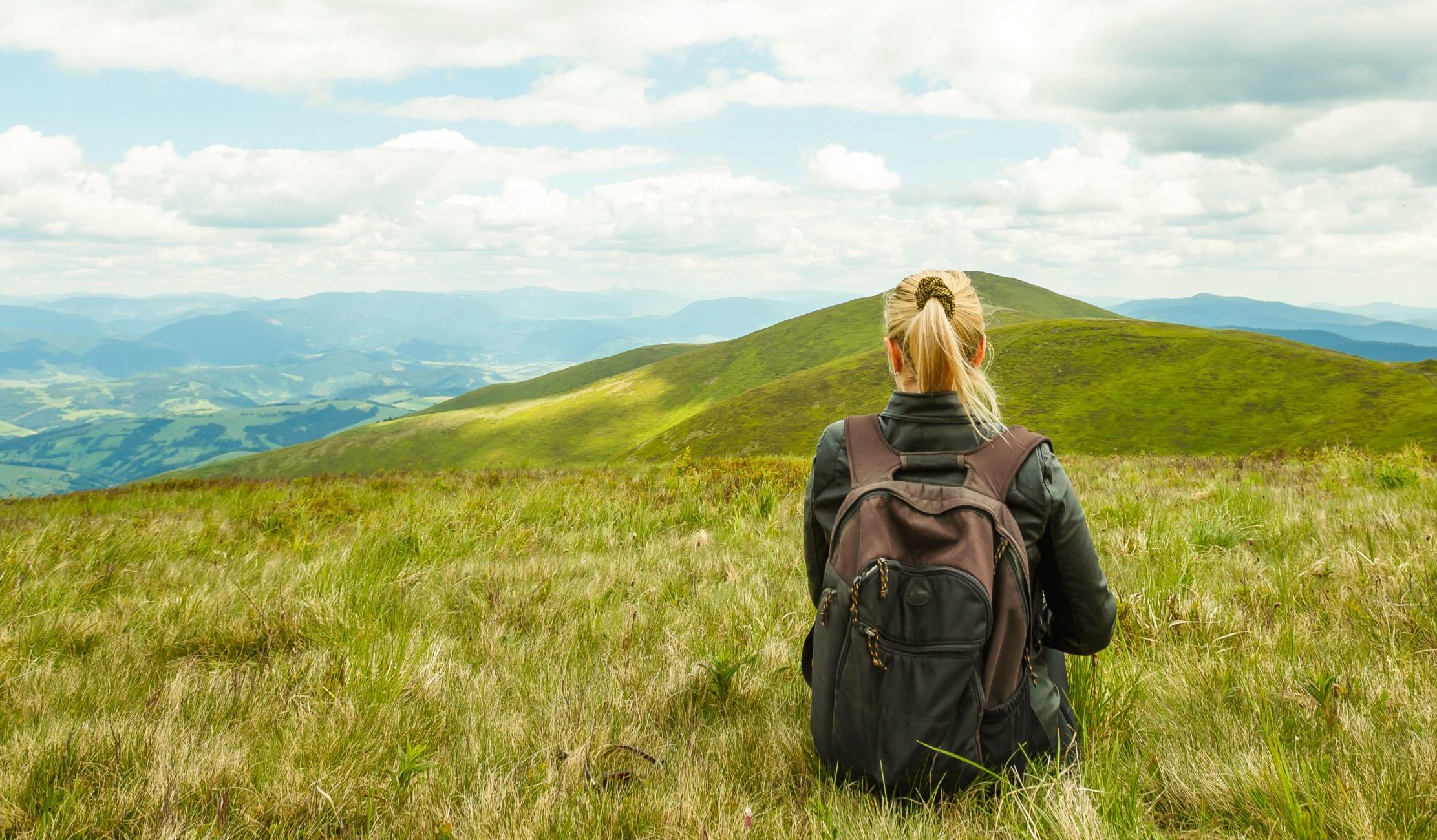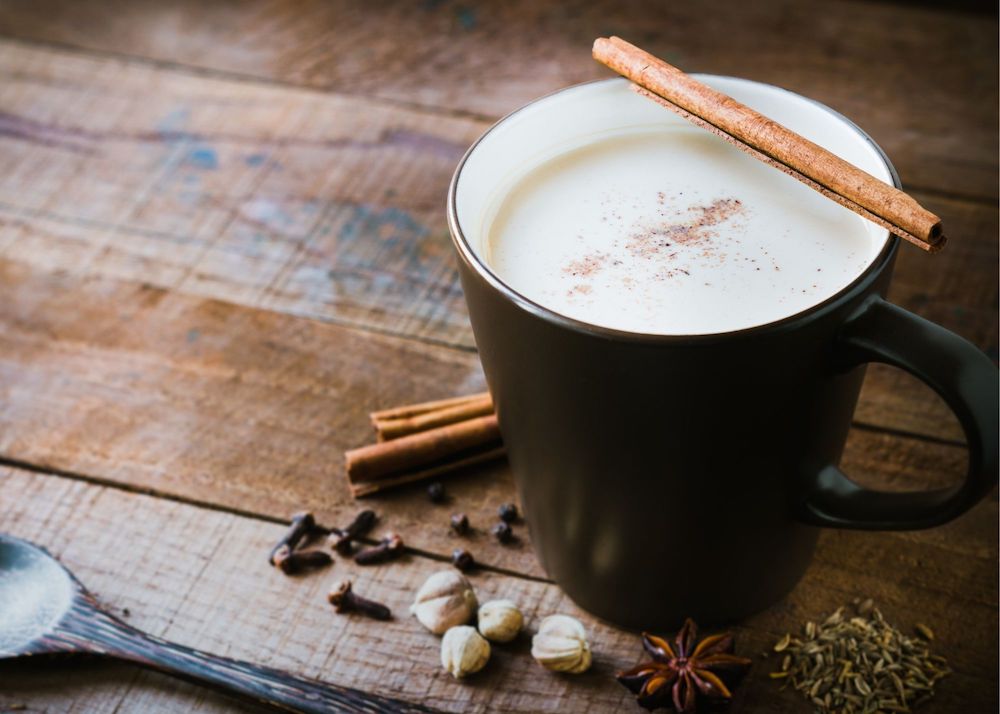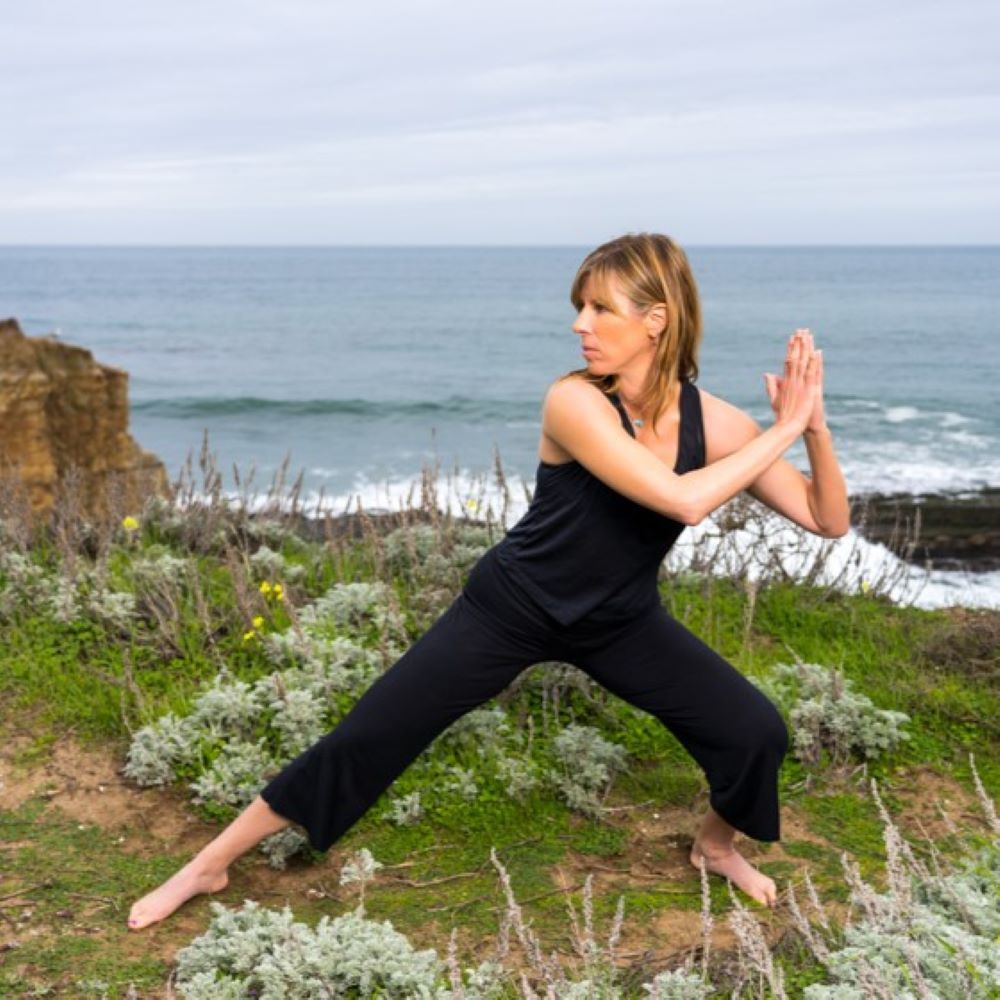The nights are still long and the mornings still slow and cold. We are at the leading edge of winter, moving deeper into its restorative womb over the next few months. Nature continues to draw her energies deeper inside and down into the roots. This inward pull is necessary for all of nature, a precious time to restore and reconnect to our essential healing strengths. In Ayurvedic philosophy, this is the season of kapha, dominated by the elements of water and earth. Its overall qualities are cold, wet, slow, dark, and heavy. This can lead to stagnation, respiratory issues, mood disorders (seasonal affective disorder, or SAD, is prevalent in the northern latitudes), and fatigue. These issues tend to be exacerbated when we continue to push, strive, and overexert ourselves.
Winter is the time to turn inward, get more rest, and slow down from the pace of summer and fall. It’s a time to hibernate, reflect, vision, and hold space for all the seeds you are planting for the new year. It’s also a time to deeply tend to our inner selves, the relationships most important to us, and a time to harness and tend the energy that will be needed in the year to come.
According to Ayurveda, we want to bring balance to these overarching energies of winter; we want to bring more warmth, gentle stimulation, and light into our lives. This is why adopting seasonal routines and diets help us adapt to our environments. When we change our diets as the seasons change what is available to us, we consciously sync with our environments. We can gently coax our bodies back into equilibrium through our daily food and drink intake.
Winter is the season that gives us the strongest digestion and inner fire to transform heavier foods and the experiences of the past year. Our bodies require more food to stay warm and to keep our immunity strong through the season. From an Ayurvedic perspective, we want to pacify kapha without aggravating either pitta (fire) or vata (air) dosha.
In general, we want to focus on warm, nourishing, and easy-to-digest foods, using plenty of culinary spices to aid digestion. Avoid cold drinks and foods as much as possible, and sip warming herbal teas throughout the day. The recipes in this winter guide are Ayurvedic-inspired and use seasonal produce available in most farmer’s markets and stores.
Slow Cooker Chicken Congee Recipe (serves 6)
Congee is a classic, easy-to-digest dish that is warming, nourishing, and perfect for a winter day. The ginger and black pepper help to aid digestion and boost immunity. In the Ayurvedic system, chicken is heating, which helps to balance the cold weather of winter. I like to add lemon juice and either cilantro or green onion to this dish, for an added boost of vitamin C and chlorophyll.
Ingredients
- 8 cups of water
- 4 bone-in chicken thighs
- 1 cup Jasmine rice
- 1 tbsp grated ginger
- ½ tsp sea salt or kosher salt
- ¼ tsp ground black pepper
- 1 tsp ghee or coconut oil
- 1 tbsp of lemon juice
- ¼ cup of chopped cilantro or green onion
Directions
- Place all the ingredients except lemon juice and cilantro in a large slow cooker.
- Cook on low for 8 hours or high for 5 hours. It will be thick and creamy when done.
- Take the chicken out, shred the chicken, then stir the meat back into the congee. Discard the bones or save for bone broth later.
- Add the lemon juice and cilantro, and serve.














